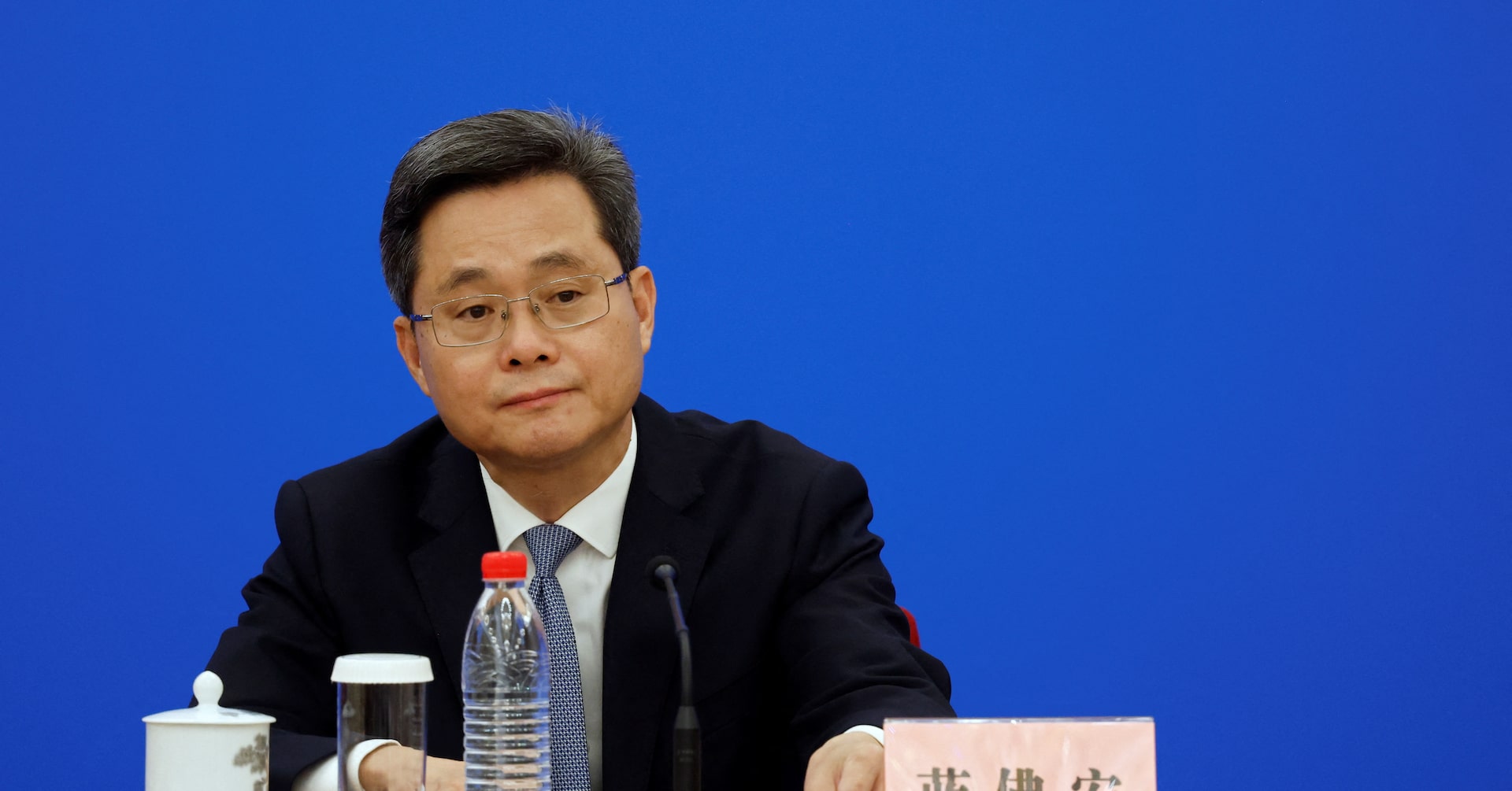G20 Alarm: China's Finance Chief Warns of Sluggish Global Economic Momentum

In a stark warning to global financial leaders, China's finance minister highlighted growing concerns about the fragile state of the world economy during a recent G20 meeting. The minister emphasized that current economic growth momentum remains critically weak, with escalating trade tensions and tariff disputes further undermining global economic and financial stability.
Speaking candidly to international counterparts, the Chinese official painted a sobering picture of the challenges facing the global economic landscape. The ongoing trade conflicts and protectionist policies are creating additional headwinds for economic recovery, potentially threatening the delicate balance of international financial markets.
The ministry's readout underscored the urgent need for collaborative approaches and diplomatic solutions to address the mounting economic pressures facing nations worldwide. As countries continue to navigate complex trade relationships and economic uncertainties, the minister's comments serve as a crucial reminder of the interconnected nature of the global economy.
